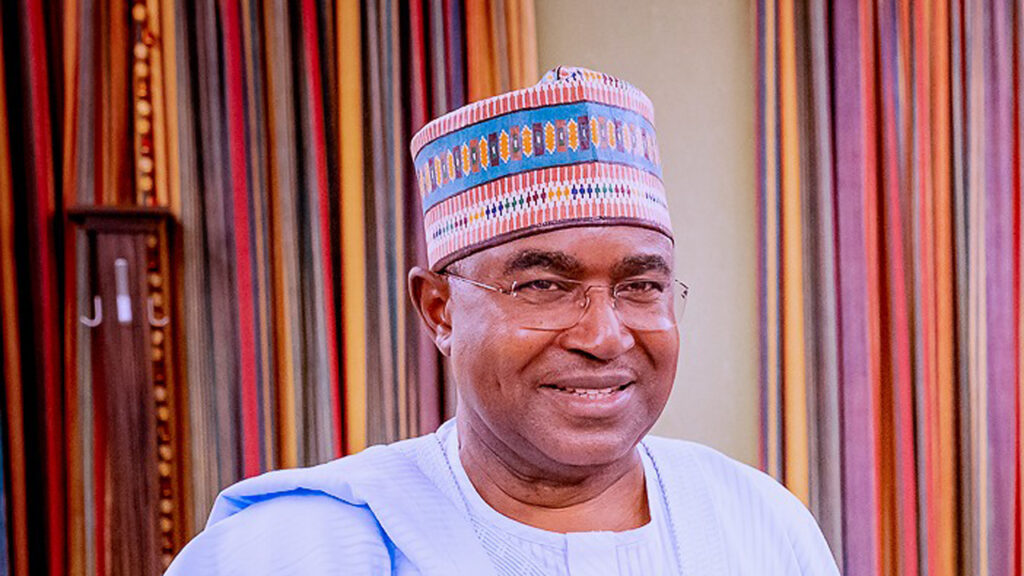
Members of the Council of European Union’s Africa Working Party (COAFR) have arrived in Abuja to begin a four-day working visit to the country.
During the visit taking place from February 26 to 29, the COAFR members will engage with Nigerian authorities, government agencies, civil society groups, regional and international organizations and private sector actors in Abuja and in Lagos.
The Guardian reports that the Africa Working Party (COAFR) is mandated with the supervision and management of EU external policy towards the 46 countries of the sub-Saharan Africa, the African Union and other sub-regional organizations, including ECOWAS.
The Africa Working Party (COAFR) is composed of representatives of all 27 EU Member States, chaired by a permanent member of the European External Action Service (EEAS), and assisted by representatives of the Commission and the General Secretariat of the Council.
In Abuja, the visiting COAFR members will meet with key Federal Government ministries and agencies starting from the Ministry of Foreign Affairs, the Office of the National Security Adviser, the Ministry of Budget and Economic Planning, among others. They will also have an interactive session with the ECOWAS Commission on regional developments and integration processes.
In Lagos, the COAFR is expected to meet with Lagos State Governor Babajide Sanwo-Olu, the Consuls General of EU Member States, and the leadership of the European Business Chamber (EuroCham) Nigeria.
They will also visit several EU-funded projects in the state featuring digital and innovation, critical infrastructure and connectivity and migration. Deliberations during the meetings will centre on further boosting EU-Nigeria partnership.
The Africa Working Party’s (COAFR) visits to African countries aim at promoting direct contact, mutual information exchange and feedback between the political and foreign policy organs of the European Union and their African counterparts.













